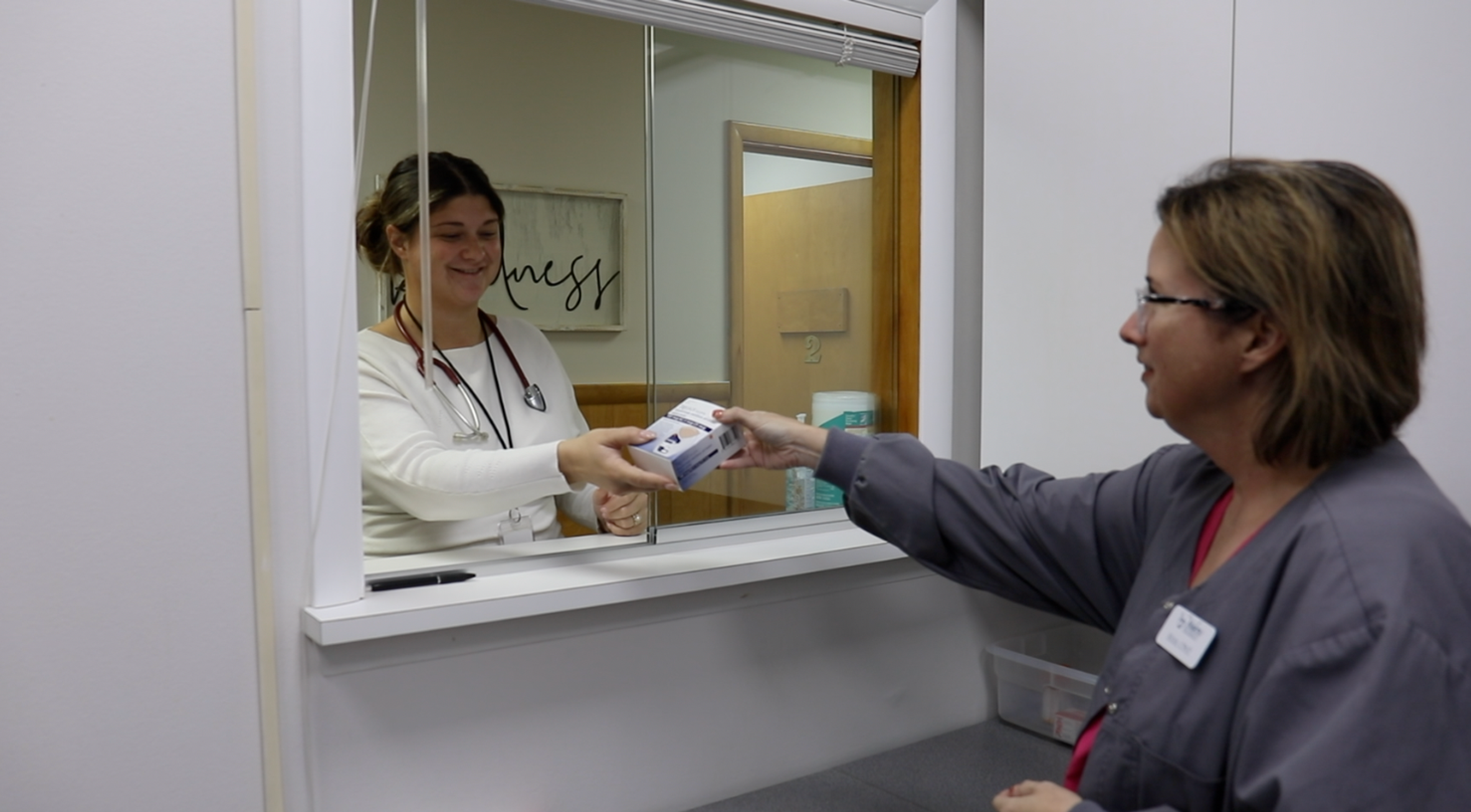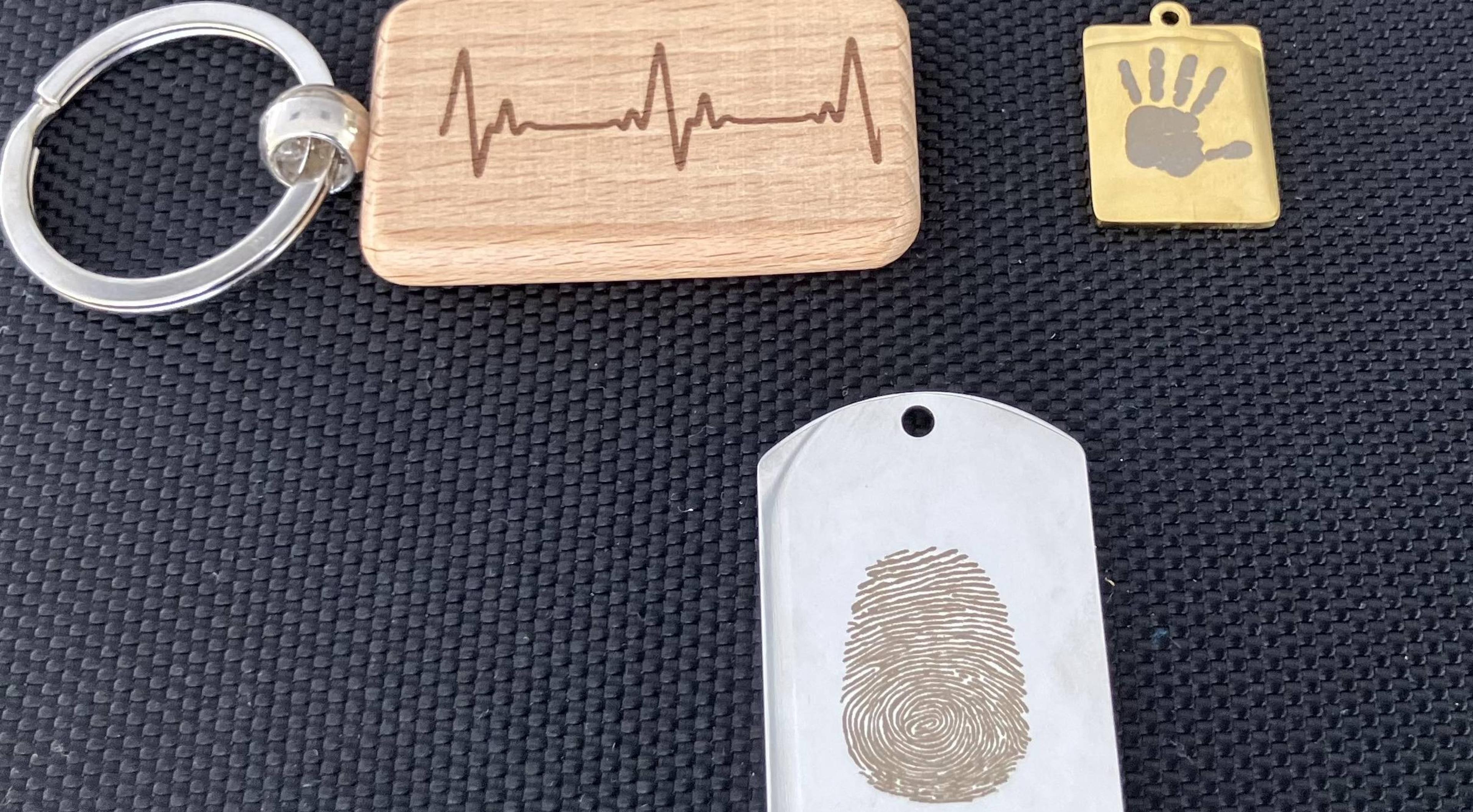Saginaw Leads the Way With Mental Health Training
Krystal Clark
| 3 min read

In Saginaw County, approximately 8,330 youths are living with a mental health condition. This coincides with higher suicide rates and the current opioid crisis. To combat this trend, the Saginaw County Community Mental Health Authority (SCCMHA) is providing a valuable resource for individuals and families affected by this epidemic. For decades, SCCMHA has supported those living with mental illness, developmental disabilities, and chemical dependency. Some of their most notable services include psychiatric care, nursing and case management as well as physical and occupational therapy. In the last fiscal year (Oct. 1, 2017 to Sept. 30, 2018), they’ve helped over 7,500 people find appropriate treatment. One of SCCMHA’s greatest tools is their Mental Health First Aid program, which teaches people how to recognize signs and symptoms of mental disorders. The community-based course is available to everyone from family and friends to police and other emergency personnel. “Right now, we’re really focusing on teaching staff, nurses, those in the medical field who may not have a lot of mental health knowledge or are seeking to build their mental health literacy,” explained Alecia Schabel, Continuing Education Supervisor at SCCMHA. The program consists of one eight-hour training that can be broken up into multiple sessions (i.e. four two-hour classes). Each course must be taken in person and calls for a minimum of six and a maximum of 30 participants. Mental Health First Aid is taught by certified instructors who are required to teach the course three times per year. Since 2014, more than 1500 people have been trained with more on the horizon. “Our goal is to train at least 500 people in the Saginaw community in the [next] two years,” said Jennifer Keilitz, Director of Network Services and Continuing Education at SCCMHA. With grant funding from the Blue Cross Blue Shield of Michigan Foundation, they’re also purchasing more study materials, and growing their team of certified instructors. SCCMHA believes Mental Health First Aid is a benefit to everyone, regardless of their background. “We’re trying to reach out to as many people as we can,” said Keilitz. “We don’t know who might come across somebody who might… need to seek out services. A family member or a friend could probably encourage somebody more readily than a professional person to seek mental health treatment.” Personal relationships can be a lifeline to those struggling with recovery. Having a strong social support system greatly reduces the chance of relapse and increases the odds of long-term success. Individuals who receive mental health training can better manage triggers and help create an environment conducive to a healthier lifestyle. To learn more about Mental Health First Aid visit SCCMHA’s official website, Facebook, or call Alecia Schabel at (989)-797-3451. If you enjoyed this post, you might also like:
Photo credit: track5





